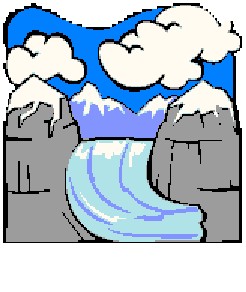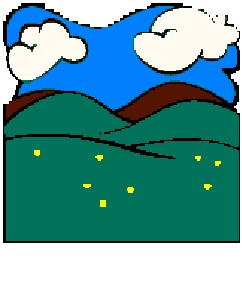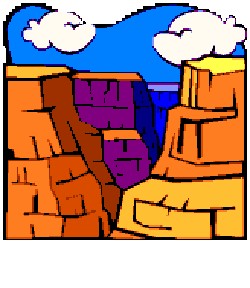Voyage
to
Mars
A Sample
The Process
Extreme Travel Adventure Challenge







The Process
The process that we will use to complete this challenge is known as Problem-Based Leaning. PBL will help you become problem solvers using a real-world situation. During a PBL experience, your teacher will no longer be your source of information. Instead you will be taking a more active role and will be help responsible for your own learning. This might seem different to many of you, but we think you will find this an exciting and rewarding way to learn.
Your teachers will set up the problem, anticipate your needs and provide access to necessary resources. You and your fellow students will work cooperatively to solve the problem presented. You must focus on the task, and follow social and intellectual rules of conduct.
Your teachers might ask you questions even if they already know the answer They might ask “why?” two or three times in a row so that you will explain your thinking and or justify your conclusions. When teachers ask questions it does not mean that your idea is wrong. Your role is to speak up, deal with things you don’t think are true, and ask questions when you don’t understand.
You need to know that no idea is “stupid”, and that the only poor question is the question that is not asked. As students you must assume responsibility for making meaning from facts that you have gathered as part of the PBL process.
While most of you will find the PBL approach to learning both interesting and fun, others will wonder why you aren't just told what you need to know. You will find that there are many benefits to constructing knowledge. Here is a short list of skills that this type of learning can develop for you:
- You will become a better problem solver.
- You will practice and improve both your written and oral communication skills.
- You will use technology as a tool to gather information, draw conclusions, and communicate the results of your research.
- You will become better at working as a member of a group.
 |
Support for program number HST-ED-90285.01-A was provided by NASA through a grant from the Space Telescope Science Institute, which is operated by the Association of Universities for Research in Astronomy, Incorporated, under NASA contract NAS5-26555. Copyright (c) 2007 Challenger Learning Center at Prairie Aviation Museum and Challenger Learning Center of Northwest Indiana. Staff of Challenger Learning Centers and instructors of classes involved with Challenger Learning Center missions may reproduce this WebQuest guide for classroom and educational purposes. Otherwise this work may not be reproduced, stored in a retrieval system, or transcribed, in any form or by means – electronic, mechanical, photocopying, recording, or otherwise – without the prior written permission of the copyright owners. This page is based upon the WebQuest model. |